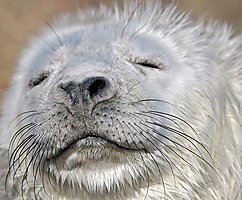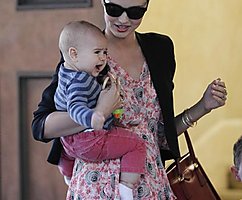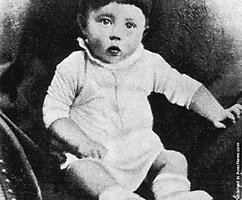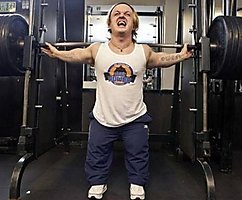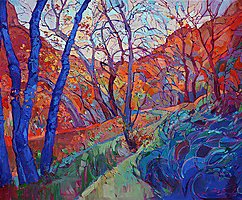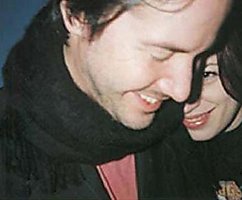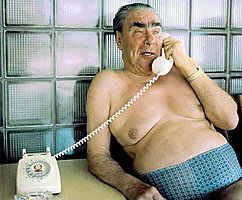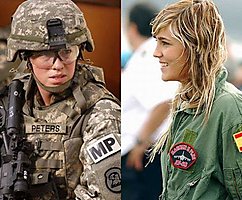Instructions and warnings for the practice of asanas B.K.S Iyengar.
 Bashny.Net
Bashny.Net
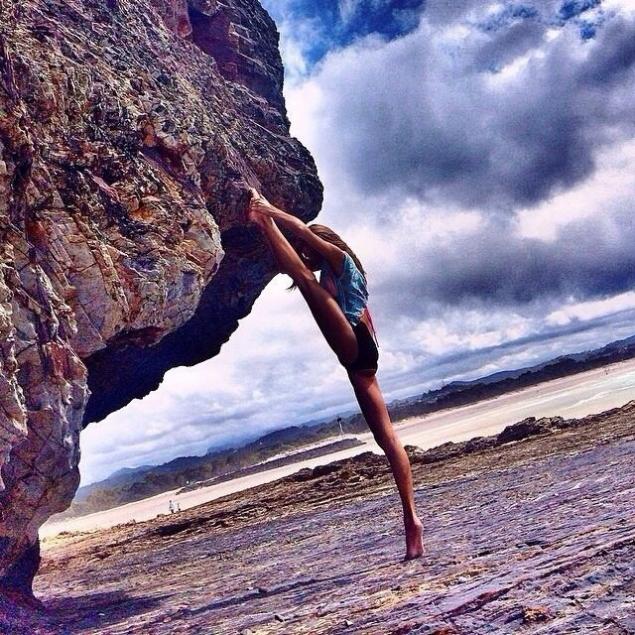
Prerequisites
1. The house can not stand without a solid foundation. The whole person is not possible without respect for the principles of yama and niyama, the river lay the foundation for the development of character. The practice of asanas without relying on the principles of yama and niyama - this is just tumbling.
2. The qualities required to occupy, - a discipline, faith, perseverance and persistence in the regular, non-stop exercises.
Purification and food
3. Before performing the asanas, you should empty your bladder and bowels. The bowels promote inversions. If the student suffers from constipation and it was impossible to empty the bowel before the training, it is necessary to start with Sirshasana and Sarvangasana and their variations. Other postures can begin only after bowel cleansing. In no case did not grasp the difficult asanas without releasing pre intestine.
Washing
4. Asanas easier to perform after bathing. After them, the body is covered with sticky sweat, and preferably about 15 minutes after the end of exercise bathe. Taking a bath or shower before doing asanas and after refreshing both the body and the mind.
Food
5. perform the asanas preferably on an empty stomach. If this is difficult, you can drink a cup of tea before them, coffee, cocoa or milk. After a very light meal before class should be at least an hour after a heavy meal - at least four hours. Half an hour after the end of the exercise, you can eat.
Class times
6. It is best to deal with the early morning or late evening. In the morning to perform the asanas more difficult, because the body is still constrained. But the mind is fresh, and as time goes by, his alertness and determination diminish. Stiffness of the body is overcome by a regular practice, and it becomes possible to perform the asanas well. In the evening the body more supple, and the asanas are performed better and more easily than in the morning. Morning classes contribute to better performance throughout the day.
Evening classes eliminate fatigue from a busy day, refresh and soothe. Therefore, it is necessary to perform difficult asanas in the morning, when a person has more determination and challenging asanas (such as Sirshasana, Sarvangasana and their variations, as well as Paschimottanasana) - in the evening.
Sun
7. Do not do asanas after a long (several hours) stay in the hot sun.
Place
8. Exercise should be in a clean, well-ventilated place where there are no insects and noise.
9. Do not do asanas on the bare floor or on an uneven place. It is necessary to lay on a flat floor folded blanket.
Warnings
10. During lessons no excessive voltage should not feel any facial muscles, ears and eyes, no breathing.
Closing the eyes
11. In the initial period, keep your eyes open. Then you'll know what you're doing wrong and where. Closing his eyes, you can not follow the necessary movements of the body, and even the direction of poses. Keep your eyes closed is possible only when you perfectly master some asana, because only then will you be able to regulate body movement and feel the correct extension.
Mirror
12. If you do asanas in front of the mirror, it should be up to the floor and be strictly perpendicular to it, otherwise pose will look correspondingly beveled corner of his inclination. If the mirror does not reach the level of the floor, you will not be able to observe the movement and staging of head and shoulders in inverted poses.
Brain
13. During the active asanas should be only the body, the brain is passive, but watchful observer. If asanas are performed with the participation of reason, you will not be able to see their own mistakes.
Breathing
14. In all asanas to breathe only through the nose rather than the mouth.
15. Do not hold your breath going into the pose or being in it. Follow the instructions on the breath, which are listed below in the description of the art performing various asanas.
Savasana
16. After the exercise always go at least 10-15 minutes a Shavasana, it relieves fatigue.
Asanas and pranayama
17. Pranayama can be practiced either very early in the morning before the asanas or in the evening after completing them. In the morning pranayama can be practiced from 15 to 30 minutes, followed by a run for a few minutes Shavasana and asanas to begin only after a certain time, which can be filled with daily activities. When evening classes in pranayama can begin no earlier than half an hour after performing asanas.
Special instructions for persons suffering from dizziness or blood pressure disorders
18. If you are dizzy or increased blood pressure, do not start with Sirshasana and Sarvangasana. Please follow Pashchimottanasanu. Before you undertake inversions like Sirshasana and Sarvangasana should do Pashchimottanasanu, Uttanasanu and Adho Mukha Shvanasanu. After performing inverted postures should be repeated Pashchimottanasanu, Adho Mukha Shvanasanu and Uttanasanu (in that order).
19. All forward-leaning postures useful for people suffering from both low and high blood pressure.
Special precautions for people suffering from pus in the ears and displacement of the retina
20. Persons suffering from such diseases should not perform inversions.
Special Instructions women
21. Menstruation. Do not do asanas during menstruation. However, too copious blood may be useful Upavishtha Konasana, Baddha Konasana, Virasana Gianni Sirshasana, Paschimottanasana and Uttanasana. In no case do not get the head during menstruation.
Pregnancy
22. In the first three months of pregnancy, you can perform all the asanas. All the standing poses and forward bends can be performed with gentle movements, because the spine must become strong and flexible, and in the abdominal area should not feel pressured. Baddha Konasanu and Upavishtha Konasanu can be performed throughout pregnancy, at any time of the day (even after meals, not the slopes ahead - they can not be performed immediately after a meal), as both these asanas strengthen the muscles of the pelvis and lower back, as well as greatly facilitate the birth bout. Pranayama without breath should be practiced during the whole period of pregnancy, as regular deep breathing significantly helps during childbirth.
Postpartum
23. In the first month after birth should not be doing any asana. Then you can start to moderate exercise. Gradually increase the rate of asanas. Three months after childbirth can freely perform all the asanas.
The effect of asanas
24. Incorrect asana classes in a few days cause discomfort and tension. This is evidence that the classes are conducted incorrectly. If you are unable to find a bug, it is better to apply to a person who excelled in the classroom, and to listen to his advice.
25. Correct technique asana brings a feeling of lightness and vigor body as well as mind, a sense of unity of body, mind and soul.
26. Continuous practice of dealing with changing attitudes. It becomes a disciplined food, relationships, compliance with purity, perfection of character, is a new man.
27. When the Asana is well mastered, it is done without effort and discomfort. Movements are graceful. When performing asanas student body takes many forms that occur in different creatures, from the lowest to the perfect insect sage, and he discovers that all beings breathe the same Universal Spirit - the Spirit of God. During practice, he looks inside himself and feels the presence of God.
BKS Iyengar

Tags
Personal growth
self-development
psychology
women
men
relationships
life
happiness
harmony
love
children
money
wealth
success
See also
14 of the best films about psychotherapy
How to overcome "the phone shyness"
Michael Litvak: the Relationship is complicated
Why don't the "recipes of happiness"
6 bad habits in a relationship that most consider normal
Teach your teen these 3 life skills!
Seven tools for personal growth and self-development.
7 mistakes that 99% of women
